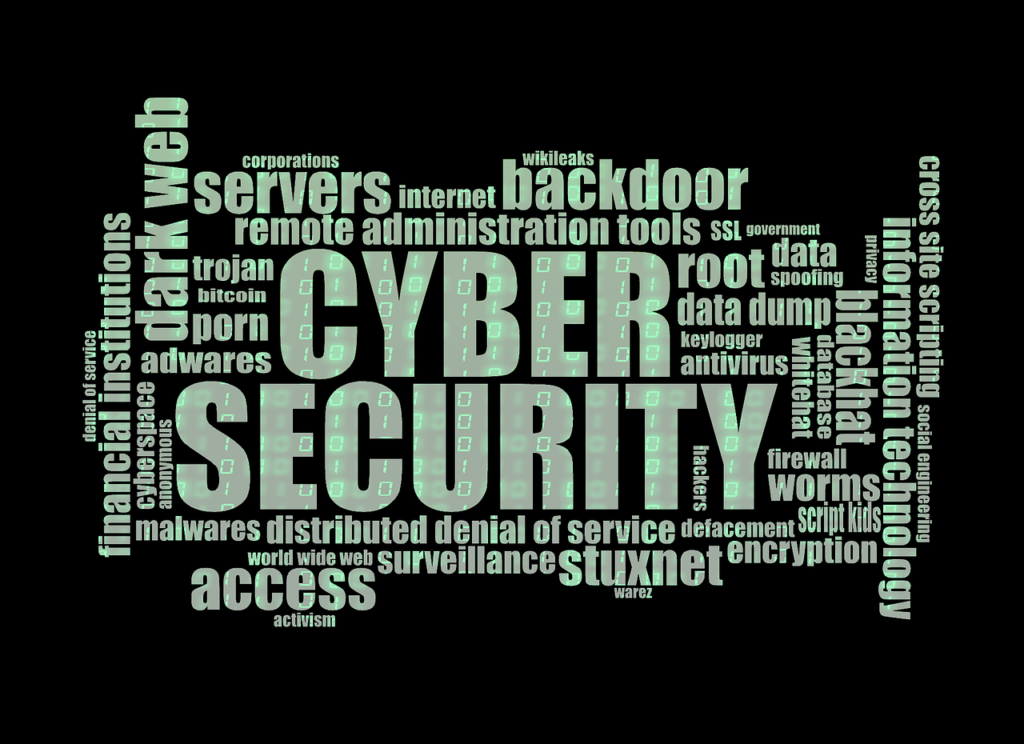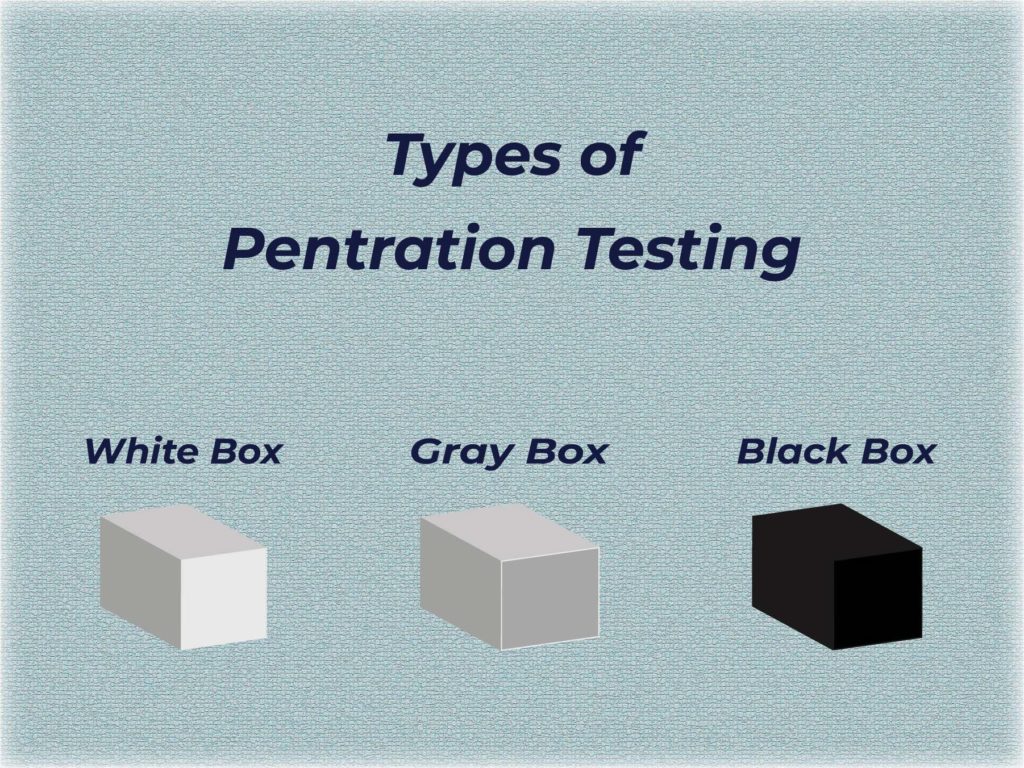Botnet
In the evolving landscape of cybersecurity threats, botnets have emerged as one of the most formidable and insidious dangers. These networks of compromised computers, controlled remotely by malicious actors, are responsible for a significant proportion of cyberattacks, from data breaches to distributed denial-of-service (DDoS) assaults. Understanding what a botnet is, why it is considered malicious, […]









